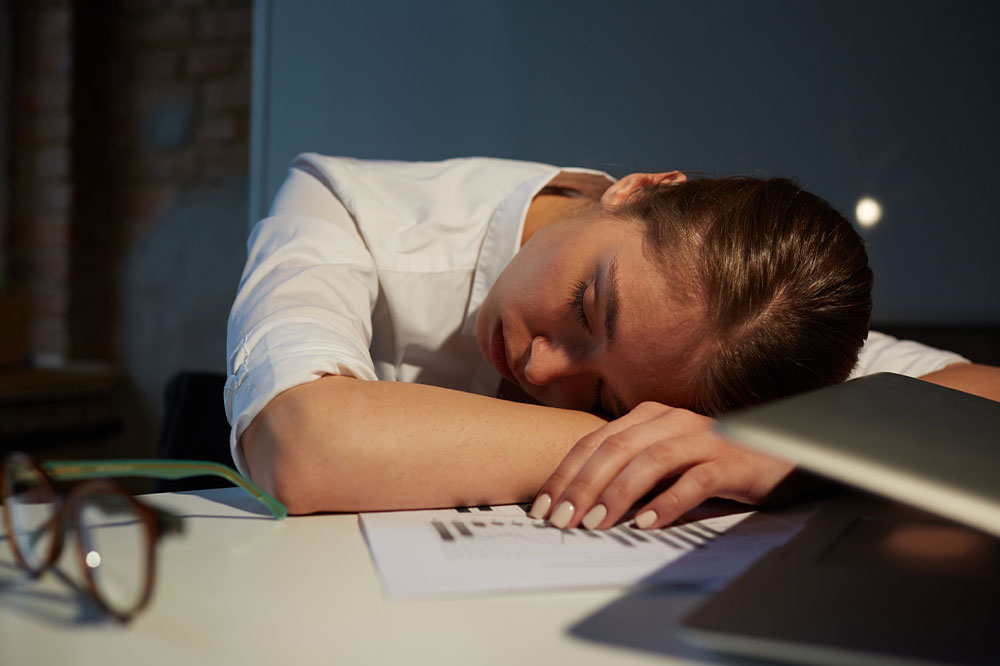Understanding Idiopathic Hypersomnia, Its Causes, and Management
Idiopathic hypersomnia, also known as IH, is a chronic neurologic sleep disorder that causes extreme daytime sleepiness. People with IH have trouble staying awake during the day, even though they get adequate sleep at night. IH can be hard to diagnose because there are many possible causes of daytime sleepiness. People with other sleep problems like narcolepsy or sleep apnea also experience excessive daytime sleepiness. Read further to learn more about IH and its management.
Causes
This condition has been estimated to affect approximately 1% of the population, with symptoms ranging from mild to severe. In some instances, people may only experience excessive daytime sleepiness.

Prevention
The treatment of IH can be complex, so it is essential to focus on lifestyle changes and behavior management that may help.
Diagnosis
The d iagnosis and management of this condition involve multiple steps. There are many possible causes of daytime sleepiness, including sleep apnea and narcolepsy – a rare disease of the central nervous system that causes excessive daytime muscle weakness. Depression or anxiety disorders can cause daytime sleepiness, and other symptoms such as fatigue or shortness of breath at night are key indicators.
Therapy
Most people with IH are suggested to take prescriptions as they can improve their ability to stay awake and perform tasks. However, they can also trigger side effects like headaches and trouble sleeping. For those who have been taking stimulants for more than six months without any improvement in symptoms or if they feel that the symptoms are getting worse despite using prescriptions, it is best to consult a healthcare expert regarding other options. Some people who take prescription stimulants develop heart or blood vessel problems (like increased heart rate). These changes may lead to an increased risk of stroke or heart attack while on these prescriptions; however, it is unclear how much this risk increases compared to other treatment options. Besides prescription remedies, naps can temporarily make you feel better, but in the long run, they interfere with your normal daily rhythms and might worsen your symptoms.
Management
Though there is no way to entirely prevent most types of hypersomnia, once diagnosed, a person can make certain lifestyle changes to improve one’s symptoms and quality of life.
Managing sleep
The easiest way to manage IH is with lifestyle changes such as limiting your caffeine intake and getting regular exercise. This will help regulate daytime sleepiness, which may be triggered by stress or other factors that keep you awake at night (for example, shift work). Also, avoid large meals before bedtime because they can lead to more disturbed sleep patterns on a nightly basis.
Managing stress
Staying mentally active during the day helps reduce stress levels and improve overall mental health over time—which could help manage symptoms of IH if they persist despite these other remedies. In addition, prescriptions might be necessary if some treatments cause side effects like drowsiness or impaired judgment during daytime hours.
The most important thing to remember for people diagnosed with this condition is that they are not alone. Getting help and support from one’s family, friends, doctors, or other healthcare professionals is essential in fighting this condition. You can also find more information about IH and its management online or by contacting a support group in your area.

